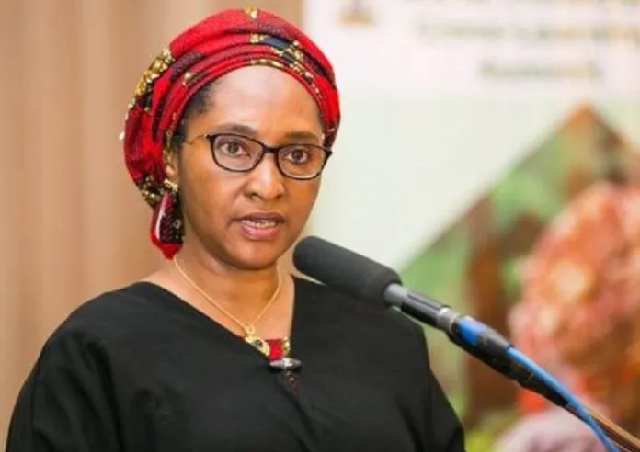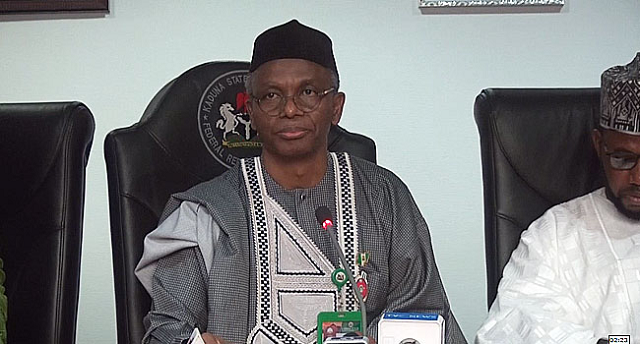The negative impact of border closure on the organized private sector and Nigerians left President Muhammadu Buhari with no choice but to reconsider reopening the country’s land borders.
An anonymous presidential source disclosed that a key issue in the presidential committee report headed by Zainab Ahmed was the adverse effect of the border closure.
BizWatchNigeria gathered that in the wake of the border closure on August 20, 2019, manufacturers recorded a high level of unsold goods, which led to the loss of jobs and poor credit rating for affected businesses.
A top government source also revealed that at the onset of its assessment of the impact, the presidential committee called for a comprehensive and objective impact assessment which to the finding that despite the significant benefits of the partial border closure in helping to curb the activities of smugglers, irregular migrants and other forms of criminality, among other benefits; the committee’s findings revealed that the policy was potentially detrimental to Nigeria’s overall immediate and long term economic, security, diplomatic and social interests.”
READ ALSO: Did Shutting The Borders Solve Anything?
The source also added that given the fact that Nigeria’s status as a signatory to the African Continental Free Trade Area (AfCFTA) agreement, and member of ECOWAS Trade Liberalization Scheme (ETLS), required that the country removed all imposed barriers to trade on or before January 1, 2021
BizWatchNigeria further learnt that the Federal Executive Council were satisfied with the findings and recommendations of the committee.
He added: “Its report then added that the border closure affected Nigeria’s capacity to strengthen the workforce of relevant Government security agencies with modern facilities (surveillance cameras, drones); as well as funding for training, to effectively monitor the entry and exit points in the event of a Joint Border Operation.
“Despite the issues raised by the committee, the report noted that the partial border closure ‘significantly reduced the prevalence of illegalities around the borders and positively impacted such key sectors of the Nigerian economy like oil & gas, agriculture, industry, etc.’
“The committee further recommended that with the reopening of the borders, appropriate border management and control measures are put in place to curb smuggling and other criminal activities perpetrated through illegal unmanned routes.
“It said these measures would also check possible abuse of the efforts of the government towards enhancing its economic interests and national security.”
The source stated that the federal government believed that the policy had achieved its purpose, hence the decision to reopen. Adding that the FG believes neighbouring have since realized the lessons of the border closure.














